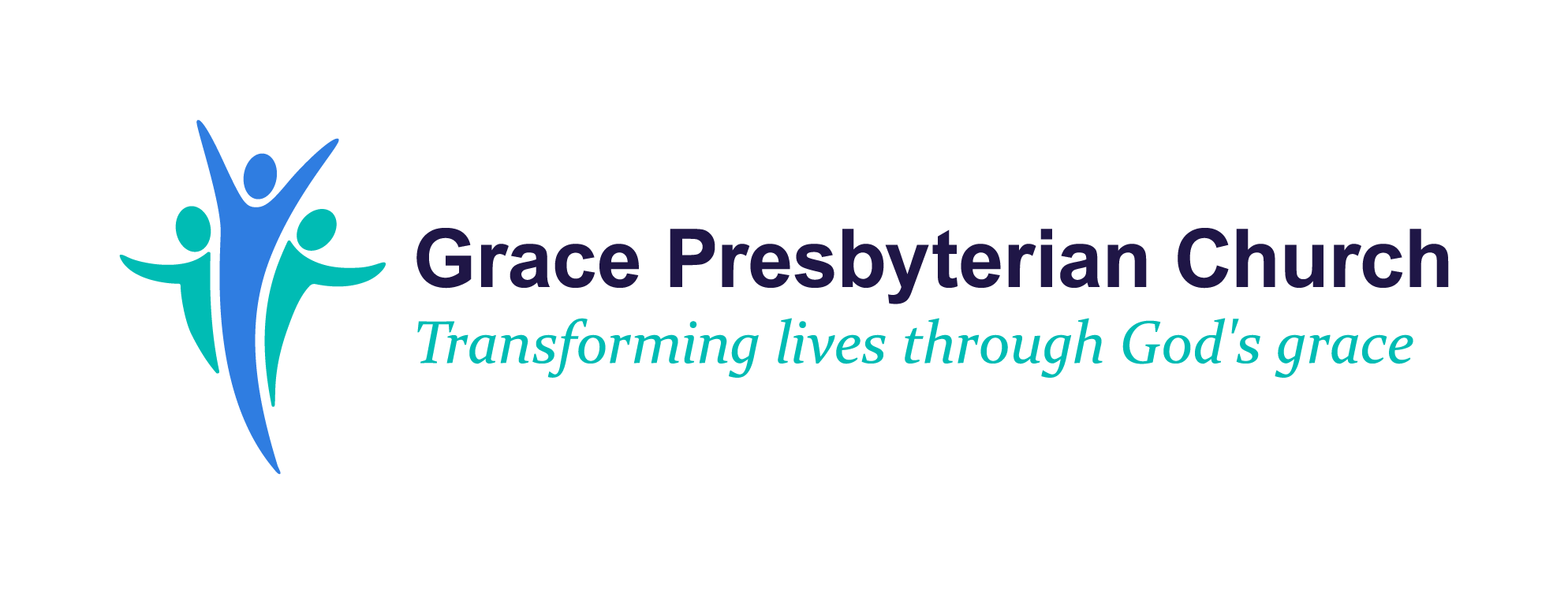Grace Response to the Red Paint on the Church Doors
Early morning on Thursday, July 1, two sets of doors at the top of the steps at Grace Presbyterian Church had red paint splattered on them as an act of protest and expression of grief regarding the recent discoveries of numerous unmarked graves at the sites of former residential schools in Kamloops, Cowessess, Cranbrook, as well as in other places in Canada.
We do recognize that the red paint may be of great concern to you, and we share this concern. However, the plan is to allow the red paint to remain on the church’s doors for the foreseeable future. Our reasoning for leaving the paint is to allow for further conversation and engagements with the community about the history of residential schools in Canada and the involvement of the Presbyterian Church in Canada.
A Prayer for the over 5000 lost.
August 16, 2021
Community Conversations
 Tuesday, July 20 – Saturday, July 24
Tuesday, July 20 – Saturday, July 24
Grace held eight conversations on its front steps about truth, healing, and reconciliation from Tuesday, July 20 – Saturday, July 24. The conversations were meaningful and meaning-filled with members from Grace and the community engaging and listening to one another. Thank you to Tony Snow, Gloria Snow, and Ken Le Vae for their wisdom, care, and presence in four of the conversations on Grace’s front steps.
A vivid memory from these conversations is when Kyle Snow drummed and sang a memorial song in honour of the children who died at the residential schools. Kyle shared that the words of the song encourage people to hold onto strength and hope. Strength and hope are needed to continue the work of honouring the Calls to Action in the Truth and Reconciliation Commission.
Frequently Asked Questions about the Presbyterian Church in Canada and Residential Schools
We hope the following information will provide more information about the response as well as the work and steps the Presbyterian Church in Canada (PCC) is taking to foster justice and reconciliation for the role the PCC played in operating residential schools, where children were taken away from their families, many of whom never returned. This unfortunate practice has inflicted a deep and lasting trauma that is still being carried today.
Read the PCC’s initial statement and prayer upon learning of the 215 unmarked graves found by the Tk’emlúps te Secwépemc First Nation at the Kamloops Indian Residential School.
The National Indian Residential School Crisis Line is available for any former residential school students and others needing support. That help can be accessed at 1-866-925-4419.
Did The Presbyterian Church in Canada operate residential schools?
The Presbyterian Church in Canada ran a number of residential schools for Indigenous children beginning in the mid-1880s through to 1969. The names of those schools are Ahousaht Residential School in British Columbia, Alberni Residential School in British Columbia, Birtle Residential School in Manitoba, Cecilia Jeffrey Residential School in Kenora, Ontario, Crowstand Residential School in Saskatchewan, File Hills Residential School in Saskatchewan, Muscowpetung (later known as “Lakesend”) Residential School in Saskatchewan, Portage la Prairie Residential School in Manitoba, Regina Residential School in Saskatchewan, Round Lake Residential School in Saskatchewan, and Stoney Plain Residential School in Alberta.
In 1925 all but two of the schools that were still open were transferred to the United Church of Canada, which was established as a result of the Church Union Movement. The two schools the PCC continued to operate after 1925 were Birtle Residential School and Cecilia Jeffrey Residential School. A narrative history of the PCC’s role in operating Birtle and Cecilia Jeffrey can be found in the archives.
Has The Presbyterian Church in Canada apologized for running the schools?
Yes. The PCC first formally apologized for its role in running residential schools in 1994. That apology, called our Confession, can be downloaded here. A study guide to work through the Confession is also available. The church renewed its commitment to living out that Confession in 2019, when it also formally repudiated the Doctrine of Discovery and the concept of terra nullius in response to TRC Call to Action number 49. Click here for information on the Doctrine of Discovery and its intense harm, in addition to how it shaped PCC policy and why we repudiated it.
We continue to live out our apology through lament, repentance and action for reconciliation. Click here to learn more about how we are living out our Confession for reconciliation.
Has the PCC turned over all its records?
The PCC turned over all documents regarding residential schools in our possession to the Truth and Reconciliation Commission and through them to the NCTR (National Centre for Truth and Reconciliation). We also hired a student who worked for two summers to read all documents and capture every name of every student mentioned, with any related information. That was also turned over.
We pray that this will be a more just and equitable country, especially for the survivors of residential schools. and their families and communities who continue to live with the pain and trauma of that legacy.
See more information on the Presbyterian Church in Canada Website: www.presbyterian.ca/justice/social-action/indigenous-justice/




